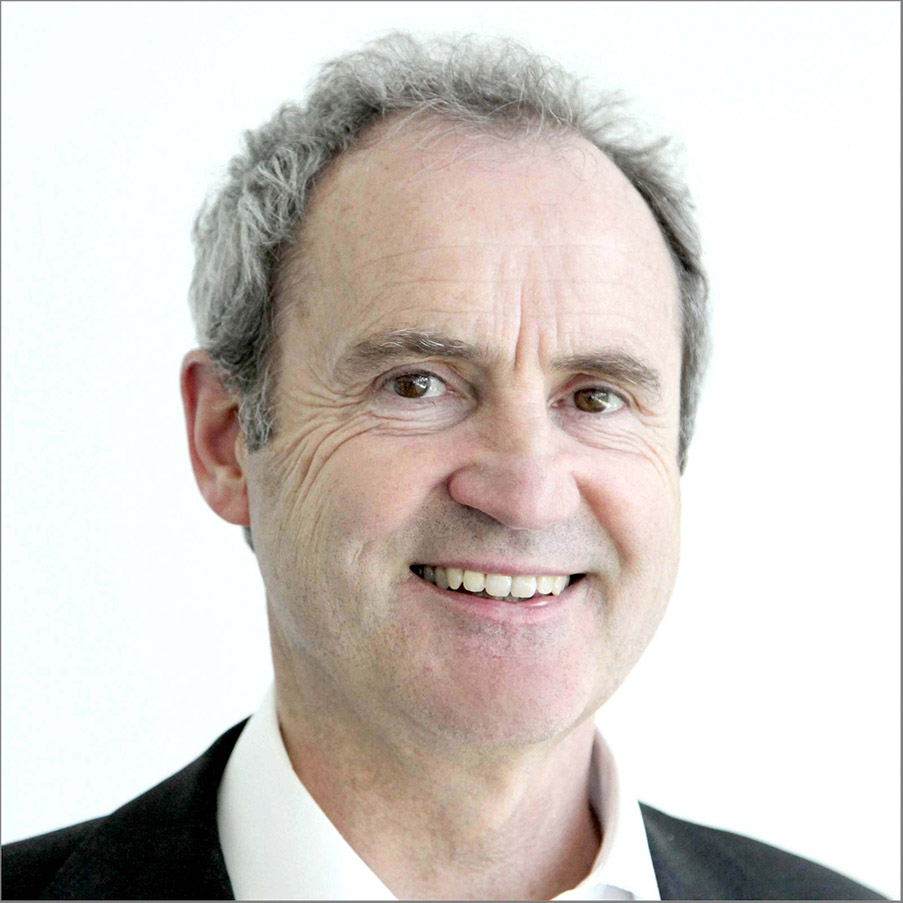Course instructors
Bige Tunçer
Bige Tunçer is an associate professor at Singapore University of Technology and Design. She leads the Informed Design Group, which focuses on data collection, information and knowledge modeling and visualization, for informed architectural and urban desig…
Christoph Hölscher
Christoph Hölscher is Professor of Cognitive Science at ETH Zurich since 2013; previously assistant and extra-curricular professor at University of Freiburg, Germany, Center for Cognitive Science. Doctorate (2000) and Habilitation (2009) in Psychology at …
Dirk Helbing
Dirk Helbing is Professor of Computational Social Science at the Department of Humanities, Social and Political Sciences and affiliate of the Computer Science Department at ETH Zurich. He earned a PhD in physics and was Managing Director of the Institute …
Estefania Tapias
Estefania Tapias is Postdoctoral fellow and Lecturer at the Chair of Information Architecture, ETH Zurich. Her research is focus on Information Cities and climate-sensitive urban planning. Estefania attained her doctoral degree at ETH Zurich and obtained …
Kevin Schawinski
Kevin Schawinski (born 1981) is Professor of galaxy and black hole astrophysics at ETH Zurich and the co-founder of the Galaxy Zoo online citizen science project, which has engaged over half a million people in scientific research. His research focuses on…
Markus Schläpfer
Markus Schläpfer is currently leading the Urban Complexity project at the ETH Future Cities Lab in Singapore. After receiving his PhD from ETH Zurich in Mechanical Engineering, he conducted postdoctoral fellowships at MIT's Senseable City Lab and at the S…
Gerhard Schmitt
Gerhard Schmitt is Professor of Information Architecture at ETH Zurich, leader of the ETH Future Cities Laboratory Simulation Platform, Founding Director of the Singapore-ETH Centre in Singapore, and ETH Zurich Senior Vice President for ETH Global. His re…







